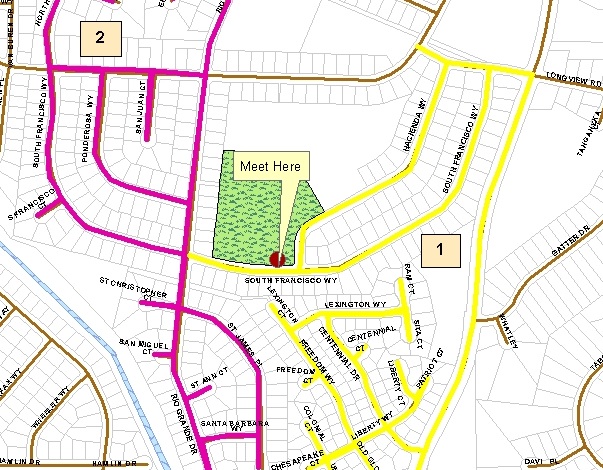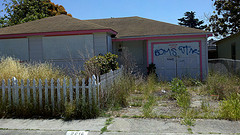 On Tuesday, May 24th, the Antioch City council will authorize sending their response to a recent Grand Jury Report addressing salary and benefits provided to members of the Antioch City Council and maintenance of city vehicles and usage by city employees.
On Tuesday, May 24th, the Antioch City council will authorize sending their response to a recent Grand Jury Report addressing salary and benefits provided to members of the Antioch City Council and maintenance of city vehicles and usage by city employees.
The Grand Jury report, which was sent to the City Manager, stated, that eight of the 19 cities spent more than the county-wide average of $39,377 for salary and meeting fees: The cities are: Antioch, Concord, Danville, Hercules, Martinez, Richmond, San Pablo and San Ramon. It was recommended that these cities consider whether it would be appropriate to implement reductions of salary and meeting fee expenditures to bring them in line with other cities.
It was also recommended by the Grand Jury that the policy of paying health care insurance costs for Council members should be reviewed to determine whether this practice is appropriate. Cities that pay health insurance benefits to council members are: Antioch, Brentwood, Concord, Danville, Hercules, Martinez, Pinole, Pittsburg, Pleasant Hill, Richmond, San Pablo and San Ramon.
Additionally, it was pointed out that pension benefits, with potential long term financial implements for the agency, are provided to Council members in 12 cities: Antioch, Brentwood, Clayton, Concord, Danville, El Cerrito, Hercules, Martinez, Pleasant Hill, San Pablo, San Ramon and Walnut Creek.
Council is mandated to respond to the Grand Jury report by stating one of the following actions in respect to each finding: Respondent agrees with finding, disagrees with finding or partially agrees with finding.
The motion before council in regard to salary and meeting fees states that the city partially agrees with the finding but questions the value of a simple mathematical average for cities with varying populations e.g. cities with less than 35,000 in population compared to cities of 75,000 to 150,000, pointing out increases in compensation are limited to 5% each calendar year and must be approved by council pursuant to an ordinance in open session.
To increase transparency, the City will combine these policies into a single document that addresses all Council compensation and benefits and include that document in its annual budget review.
In regard to health care benefits provided to council, council agrees that it does provide benefits and understands the long term financial implications which is why the city includes these benefits as part of the City’s overall pension liability reported annually in the City’s financial statements. In the future, Council will review its policy of pension or deferred compensation for Council members.
In regard to maintenance and usage of city vehicles, the city’s response is that it City utilizes a fleet maintenance management software system and has implemented a practice of permitting city vehicles to be taken home for the purpose of standby call outs and emergency operational needs. Present, no take home vehicles are being driven more than 15 miles from the location where the employee would report to work.
I am of the belief that, although council members deserve some compensation for their service, the City should not pay members health care insurance costs, pension or deferred benefits. What say you?
 The Antioch Police Department is excited to announce the 24th installment of the Neighborhood Cleanup Program. This is a collaborative community effort which involves active participation from United Citizens for Better Neighborhoods (UCBN), community volunteers, and the Antioch Police Department Crime Prevention Commission; Neighborhood Watch Program, and the Public Works Department.
The Antioch Police Department is excited to announce the 24th installment of the Neighborhood Cleanup Program. This is a collaborative community effort which involves active participation from United Citizens for Better Neighborhoods (UCBN), community volunteers, and the Antioch Police Department Crime Prevention Commission; Neighborhood Watch Program, and the Public Works Department. 




























